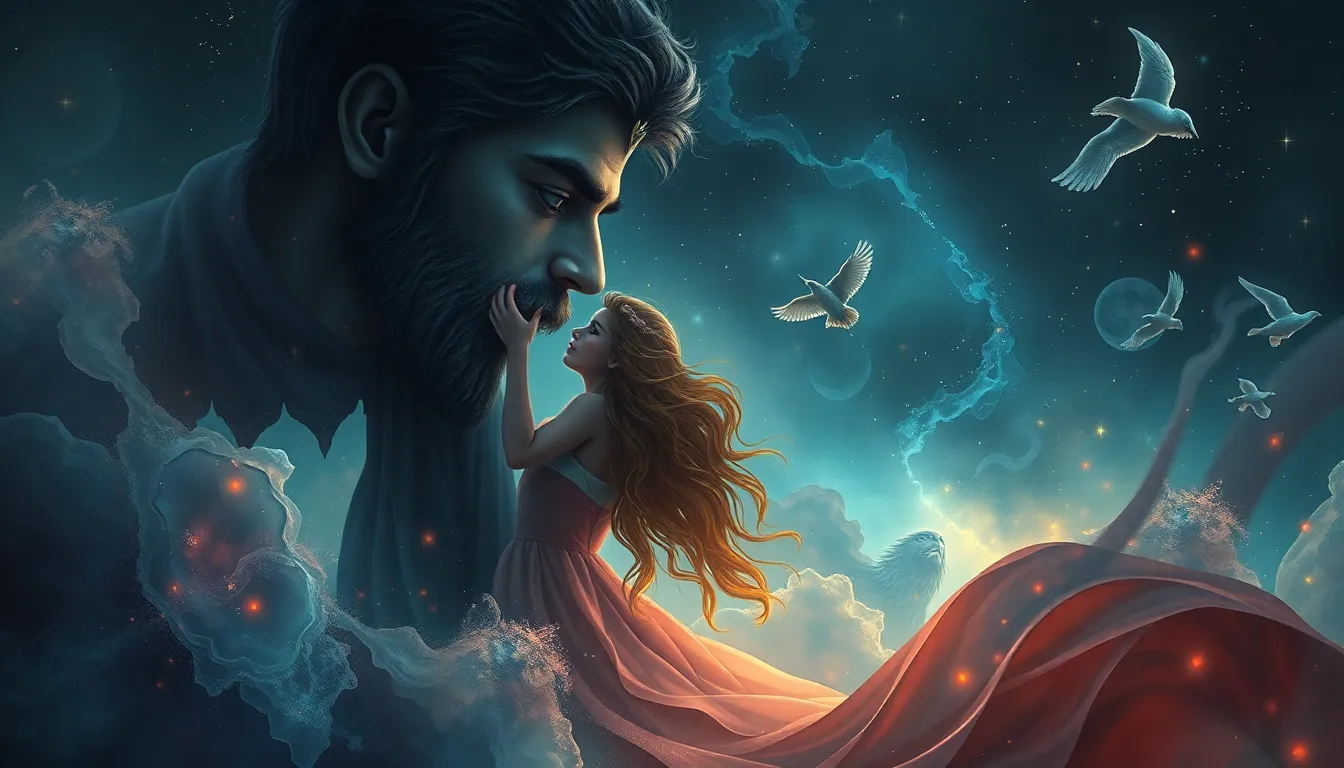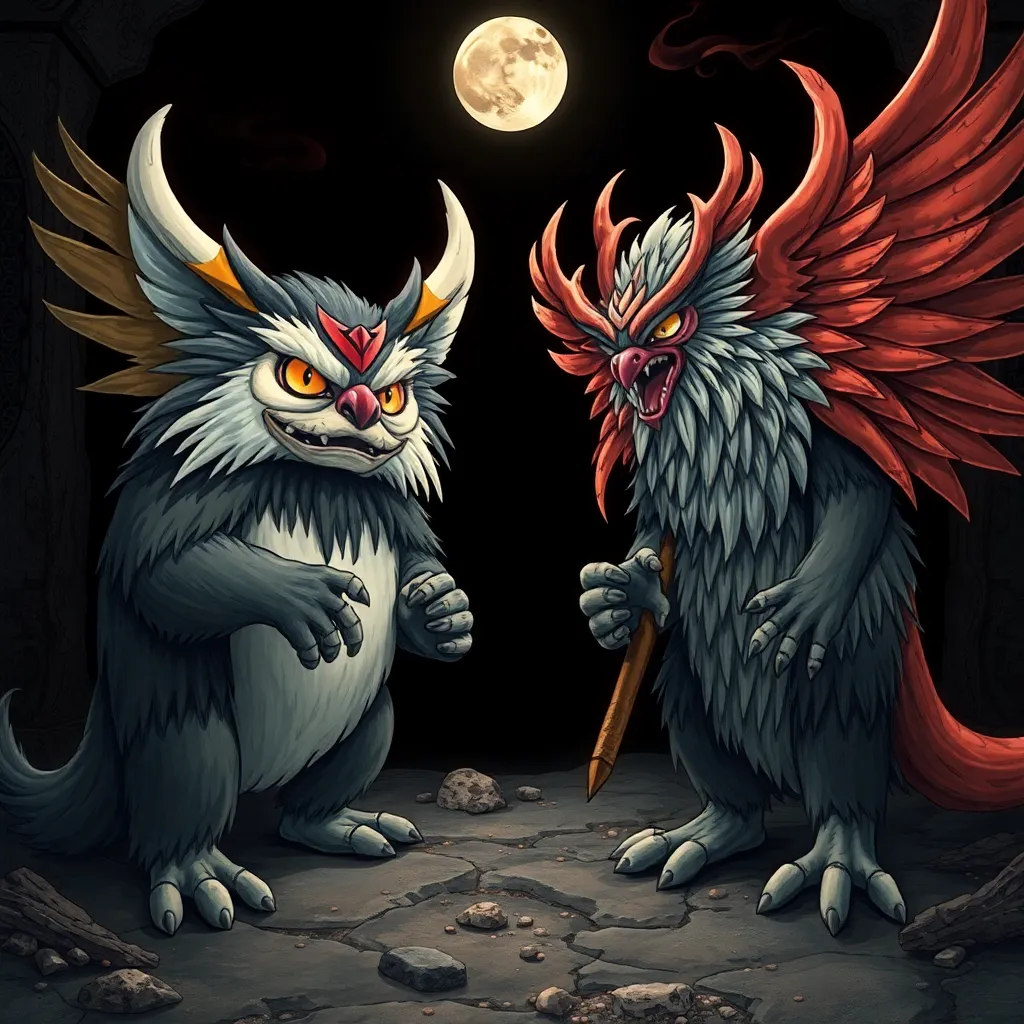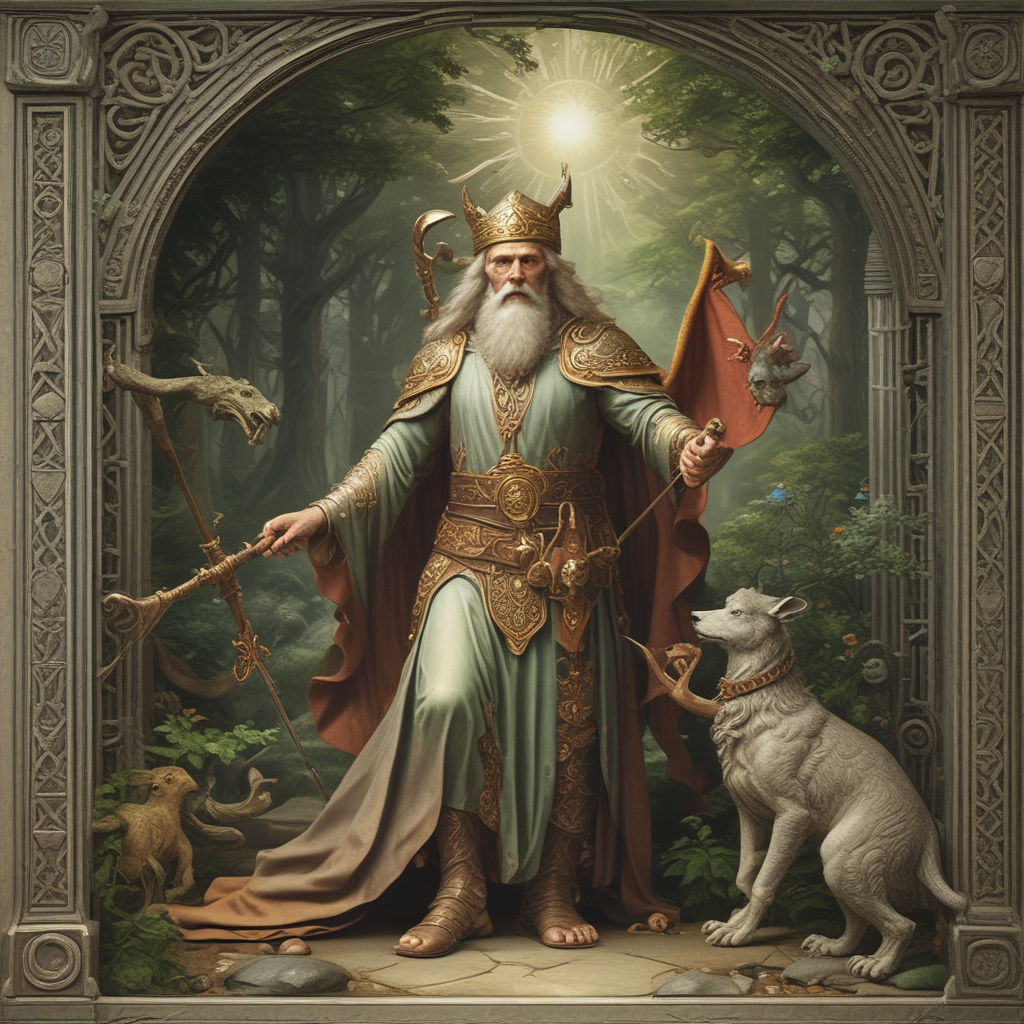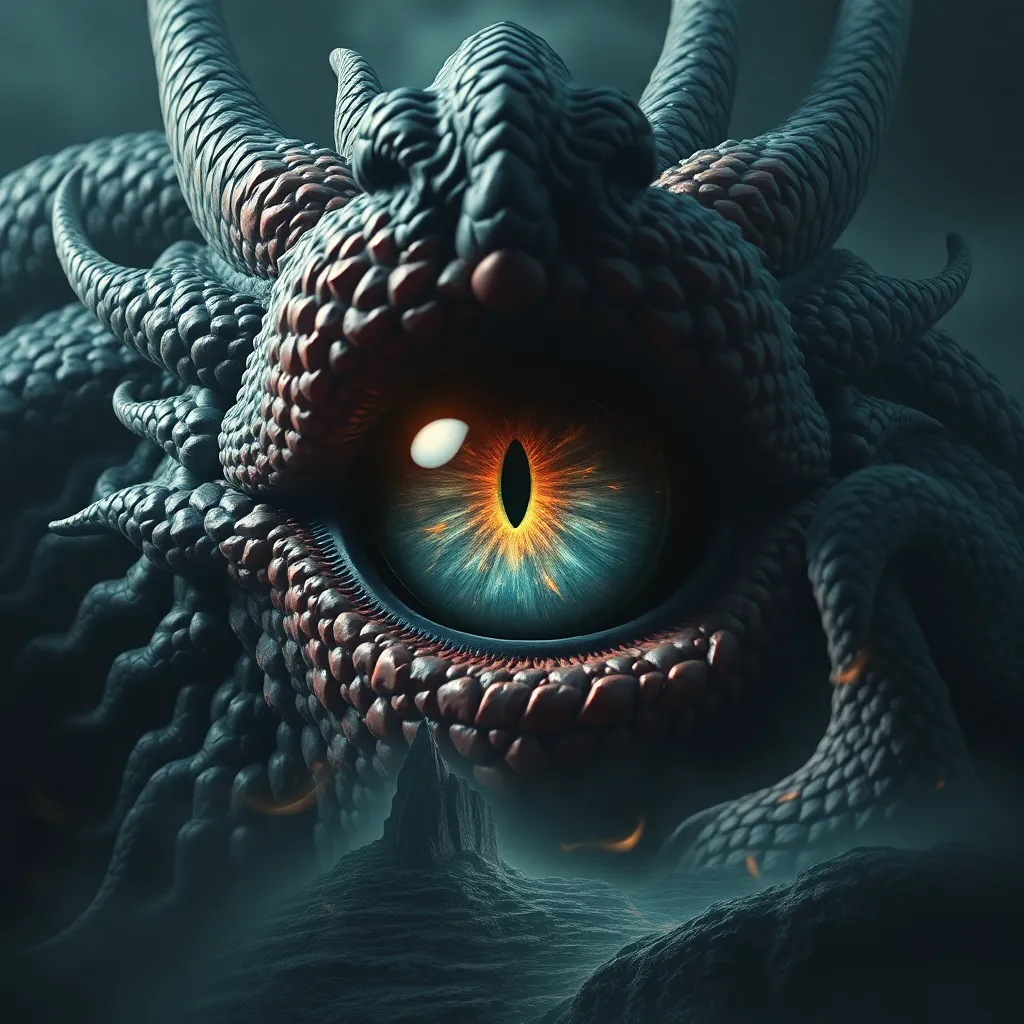Tales of Longing: The Most Poignant Love Stories in Mythology
I. Introduction
Longing is a profound emotion, often characterized by an intense desire for someone or something that is beyond reach. In the context of love stories, it encapsulates the yearning and desire that permeates relationships, often leading to both joy and sorrow. Mythology, with its rich tapestry of narratives, serves as an exceptional medium to explore these deep emotional currents. Myths from various cultures delve into themes of love, loss, and the complexities of human relationships, making them timeless tales that resonate with audiences across generations.
This article will explore some of the most poignant love stories in mythology, focusing on how longing shapes these narratives and reflects universal human experiences.
II. The Power of Longing in Mythology
Longing plays a pivotal role in the human experience, serving as a catalyst for both emotional growth and personal suffering. Many myths highlight how longing can drive individuals to great lengths in pursuit of love, often leading to transformative journeys. Moreover, myths reflect societal values and emotional truths, offering insights into the human condition.
Common themes found in mythological narratives include:
- Desire and yearning
- Separation and loss
- Sacrifice and devotion
- The duality of love and pain
These themes resonate throughout various cultures, illustrating the universal nature of love and longing.
III. Orpheus and Eurydice: The Eternal Search
The myth of Orpheus and Eurydice is one of the most poignant tales of longing in ancient Greek mythology. Orpheus, a gifted musician, falls deeply in love with Eurydice. Tragically, she dies shortly after their wedding, leading Orpheus on a heart-wrenching journey to the Underworld to reclaim her.
Orpheus’s longing is palpable as he uses his music to charm Hades, the god of the Underworld, pleading for Eurydice’s return. His journey symbolizes the enduring search for love, even in the face of insurmountable odds. However, the story takes a tragic turn when Orpheus, unable to resist the temptation to look back at Eurydice, loses her forever.
The impact of this tale on literature and art is profound, influencing countless works that explore themes of love, loss, and the power of music as a means of expression.
IV. Pygmalion and Galatea: The Creation of Love
The story of Pygmalion, a talented sculptor, revolves around his longing for an idealized woman. Disillusioned by the flaws of real women, he carves a statue of his perfect woman, Galatea. Pygmalion’s desire and longing for companionship lead him to pray to Aphrodite, the goddess of love, to bring his creation to life.
This myth explores the themes of desire, longing, and transformation. Galatea, once a mere statue, becomes a living embodiment of Pygmalion’s dream. The implications of this story highlight the complexities of sculpting love in human relationships, where ideals often clash with reality.
V. Psyche and Eros: Trials of Love
The myth of Psyche and Eros is a captivating tale that encapsulates longing amidst trials and tribulations. Psyche, a mortal woman renowned for her beauty, attracts the wrath of Aphrodite, who sends her son Eros to make Psyche fall in love with a hideous creature. However, Eros falls in love with Psyche instead.
Their love story is fraught with challenges, including Eros’s need for secrecy and Psyche’s longing to know her lover’s true identity. The theme of longing is intertwined with trust and sacrifice, as Psyche undertakes perilous tasks to win back Eros’s love after she betrays his trust.
This myth emphasizes the importance of perseverance in love and the transformative power of trust.
VI. Tristan and Isolde: Love and Betrayal
The tragic love story of Tristan and Isolde unfolds in a world where love and betrayal intertwine. Tristan, a knight, falls in love with Isolde, the wife of his uncle, King Mark. Their love, ignited by a fateful potion, becomes a source of intense longing and heartbreak.
The complexities of longing, loyalty, and fate drive this narrative, as Tristan and Isolde navigate the treacherous waters of their forbidden love. Their tragic end, marked by betrayal and loss, leaves a lasting legacy in literature and culture, influencing works that explore the duality of love and the consequences of desire.
VII. Aeneas and Dido: Love and Duty
The relationship between Aeneas and Dido in Virgil’s “Aeneid” paints a poignant picture of love constrained by duty. Aeneas, a Trojan hero, washes ashore in Carthage, where he encounters Dido, the queen. Their passionate love affair flourishes, but Aeneas is destined to fulfill his fate of founding Rome.
The conflict between personal desire and destiny creates a sense of longing that permeates their relationship. Dido’s eventual abandonment leads to her tragic demise, reflecting the themes of longing and the pain of unfulfilled love.
VIII. The Tale of Leander and Hero: Longing Across the Seas
The myth of Leander and Hero is a tale of longing that transcends physical distance. Leander, a young man from Abydos, falls in love with Hero, a priestess of Aphrodite living in Sestos. Each night, Leander swims across the Hellespont to be with Hero, guided by the light of her lantern.
The symbolism of distance and longing is central to their love story, culminating in tragedy when a storm extinguishes Hero’s light. Believing Hero has died, Leander drowns himself in despair. Their story serves as a reminder of the tragic consequences of passion and separation.
IX. The Unfulfilled Love of Eros and Anteros
The figures of Eros (Cupid) and Anteros represent the duality of love and longing. Eros embodies romantic love, while Anteros symbolizes the love that is returned. Together, they explore the complexities of unfulfilled love and the longing that can arise when love is not reciprocated.
The philosophical implications of their stories highlight the necessity of balance in love, as Eros’s longing for Anteros illustrates the inherent desire for mutual affection and connection.
X. Conclusion
The emotional power of love stories in mythology serves as a mirror to the human experience. From the eternal search of Orpheus to the tragic longing of Leander and Hero, these tales encapsulate the complexities of love, desire, and loss. They remind us that longing is a universal emotion that transcends time and culture, echoing the enduring nature of love across the ages.



